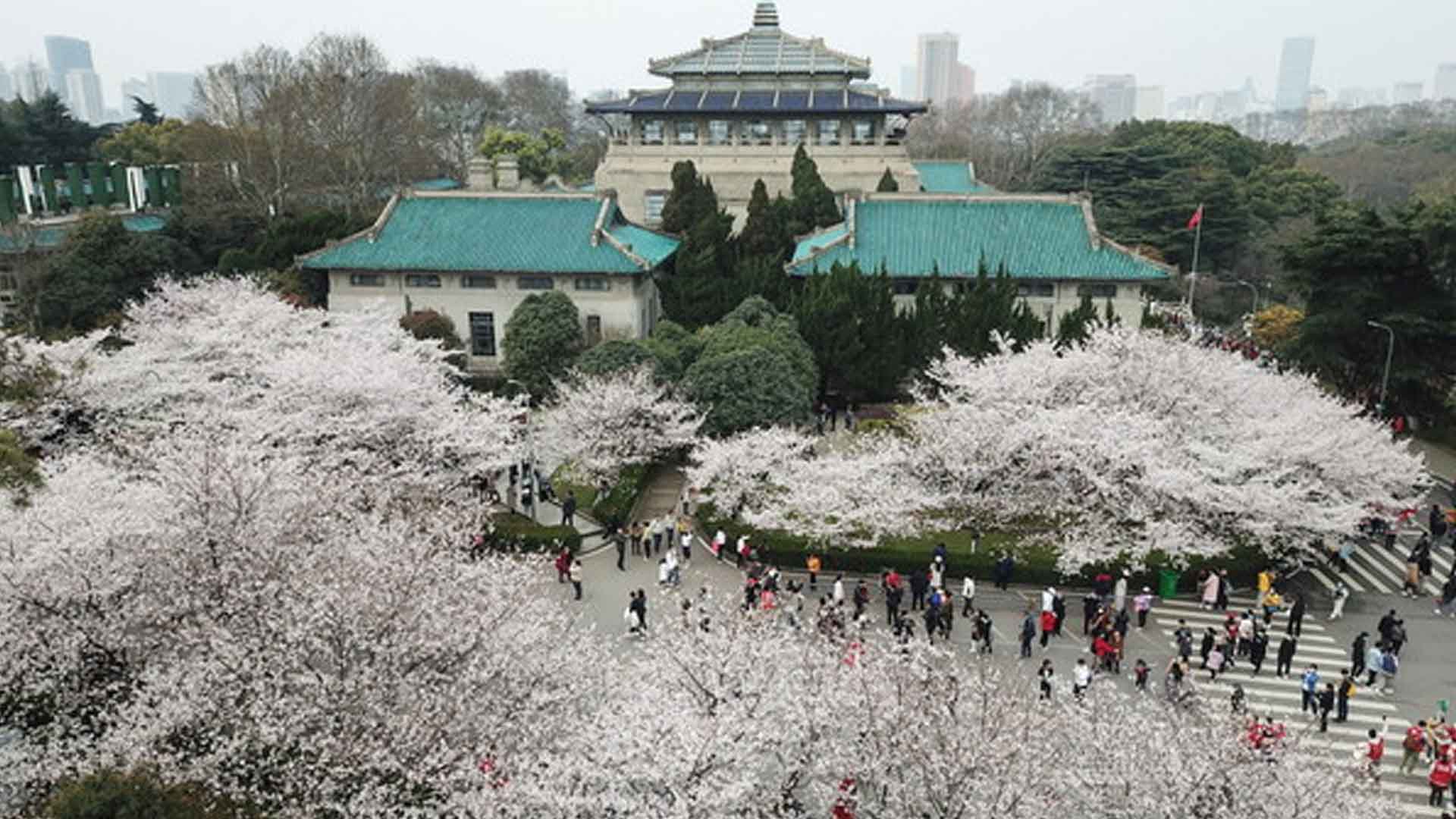On the afternoon of April 12, the Chinese Ministry of Foreign Affairs held a special global promotion event for central China’s Hubei Province.
A total of 275 ambassadors, diplomats and representatives of international organizations from 155 embassies in China and 21 international organizations in China gathered in the ministry’s press conference hall to feel the rebirth of the heroic city of Wuhan, according to the Publicity Department of Wuhan Municipality.
Chinese State Councilor and Foreign Minister Wang Yi attended and delivered at the event. “Today’s press conference is the largest promotion attended by the largest number of foreign envoys and representatives. That fully demonstrates wide recognition of the achievements of Hubei and Wuhan in fighting the epidemic,” Wang said at the event.
Wuhan is a heroic, dynamic and hopeful city and a major transport hub in China. Wuhan is also an important industrial base and one of the country’s three intelligence-intensive areas, said Wang Zhonglin, top official in Wuhan.
Wuhan: a safe city and contributor to global fight against the COVID-19
Olivier Guyonvarch, consul general of France in Wuhan, said Wuhan is a very safe city, especially after a city-wide nucleic acid testing was conducted in May 2020.
“Wuhan is one of the safest places on earth now,” said Jeff Laing, president of the Maple Leaf International School-Wuhan.
As the first city to be hit by the epidemic, Wuhan has not seen any new local cases for nearly 11 consecutive months. In May 2020, it took Wuhan 10 days to complete nucleic acid tests covering tens of millions of people, making Wuhan the “safest city”. In March 2021, the first batch of “Made in Wuhan” inactivated COVID-19 vaccine was rolled off the production line with an annual output of 100 million doses, contributing to the world’s fight against the epidemic.
Wuhan: a magnet for global investors
Over the past year or so, more than 300 Fortune 500 companies have come to Wuhan for business talks. The reinvigorated Wuhan has become a hub for world-renowned companies such as Mitsubishi of Japan and Honeywell of the United States to visit and invest.
By the end of 2020, the total number of foreign-invested enterprises in Wuhan has exceeded 7,200, and the number of the top 500 enterprises has exceeded 300, ranking first in central China. Wuhan has set up more than 360 enterprises overseas, covering more than 50 countries and regions. The China-Europe freight train service from Wuhan covers 34 countries and 76 cities in the Eurasian continent, and its heavy container rate is the highest in China.
Besides, Wuhan is seeing a growing network of global friends. Since 1979, when Wuhan and Japan’s Oita became the first pair of international sister cities, Wuhan has successively established international sister cities or friendly-exchange cities with 113 cities from 58 countries. France, the United States, the Republic of Korea and the United Kingdom have set up consulates general in China. Russia has decided to set up a new China consulate general in Wuhan. Meanwhile, Wuhan is home to representative offices of more than 20 foreign institutions in China.
A series of open talent policies have also given foreign friends a sense of belonging to Wuhan. At present, there are nearly 10,000 foreign permanent residents in Wuhan, and it is estimated that the number will reach 20,000 by 2025. Seeking to build an inland highland open to the world, Wuhan is making great strides forward to an international communication center.
“Welcome to Wuhan to enjoy the beautiful scenery throughout the year, taste the popular hot dry noodles, visit the Yellow Crane Tower, share the city’s growth opportunities and create a better future,” Wang said, adding that Wuhan is a safe, healthy, dynamic international city open to global visitors.






